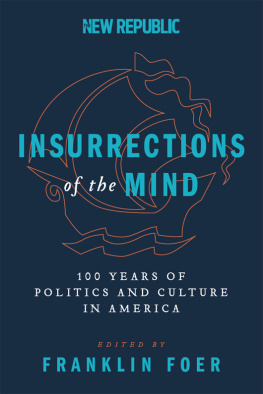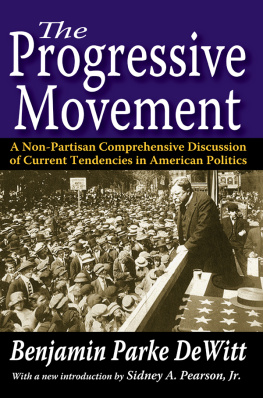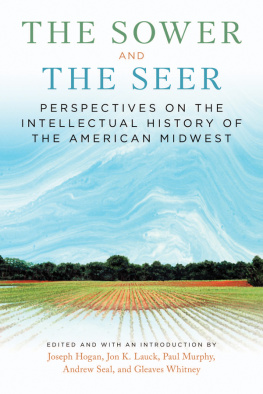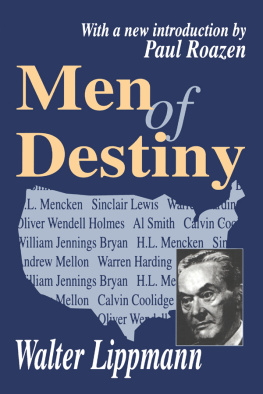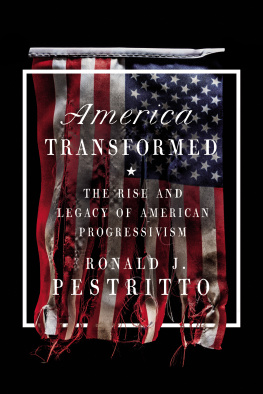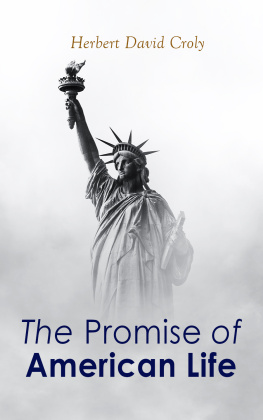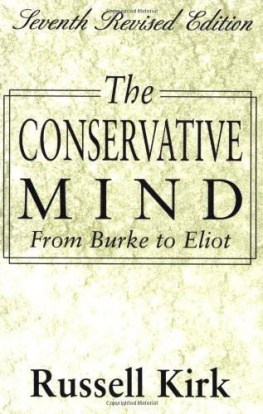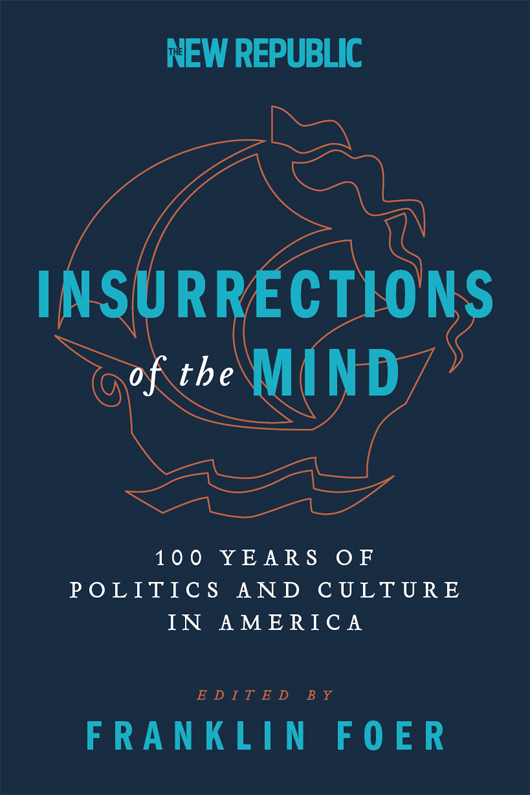COVER DESIGN BY JARROD TAYLOR

INSURRECTIONS OF THE MIND. Copyright 2014 by The New Republic. All rights reserved under International and Pan-American Copyright Conventions. By payment of the required fees, you have been granted the nonexclusive, nontransferable right to access and read the text of this e-book on-screen. No part of this text may be reproduced, transmitted, downloaded, decompiled, reverse-engineered, or stored in or introduced into any information storage and retrieval system, in any form or by any means, whether electronic or mechanical, now known or hereafter invented, without the express written permission of HarperCollins e-books.
FIRST EDITION
ISBN 978-0-06-234039-9 (pbk.)
EPub Edition September 2014 ISBN 9780062340382
14 15 16 17 18 OV / RRD 10 9 8 7 6 5 4 3 2 1
Contents
I.
On a summer night in 1914, Theodore Roosevelt summoned the young editors of a yet-unpublished magazine to the seat of his ex-presidency, his estate on the north shore of Long Island. The old Bull Moose had caught wind of the new project and wanted to make sure that the editors had the full benefit of his extensive wisdom. In TRs social setHarvard and Yale men with an intellectual proclivity and a progressive bentthe impending debut of The Republic, as it was called in its nascent days, was much anticipated. It was grist for gossipy letters and dinnertime chatter.
The magazines proposed title would have appealed to Roosevelt because it conjured both Plato and Rome. And the classic reference was merited, since America was in the early days of a Renaissance of sorts. A new artistic fervor occupied the narrow streets of Greenwich Village, thanks to the early arrival of European modernism and the first bootleg editions of Freud. Even more importantly, there was a proliferation of political reform movements, budding seemingly everywhere and pushing a mlange of causestemperance, suffrage, antitrust, trade unionism. The presidential campaign two years earlier, which Roosevelt lost, had amounted to a competition to capture the hearts and minds of these reformers.
All this energy needed a home and deeper thinking. That might have been the primary point that Theodore Roosevelt had hoped to impress upon his protgs over dinner. But he could never quite contain his conversational agendas, and he piled argument upon argument, so persistently and so deep into the night that the editor of the magazine, Herbert Croly, closed his eyes and drifted into an embarrassingly deep sleep.
The Republic, however, was doomed, or at least its name was. A partisan organ with the very same title already existed, owned by John F. Kennedys gregarious grandfather Honey Fitz Fitzgerald. When the genteel editors politely inquired about the possibility of sharing the moniker, the old Boston pol refused. In truth, he probably hadnt intended to turn them away, only to get a little compensation for his troubles. But the editors missed the hint and renamed their magazine.
It would be The New Republic, which better represented the spirit of the enterprise. The magazine was born wearing an idealistic face. It soon gathered all the enthusiasm for reform and gave it coherence and intellectual heft. The editors of the magazine would help craft a new notion of American government: that the state was not just an essential tool for curbing corporations, but it could also play a more affirmative role in the life of the country, improving lives and creating a national community. The doctrine they created one hundred years ago, of course, goes by a now very familiar name: liberalism.
Over the last century, American liberalism has taken it on the chinassaulted by the left and right. It has been smeared as a hodgepodge of contradictory ideas, cynically derived by opportunistic thinkers angling for power and influence. It has been damned as a foreign implant, an ersatz version of the Germanic and Scandinavian welfare state grafted onto an unwilling American host. This volume hopefully stands as a refutation of liberalisms critics. It shows generation after generation of idealists battling their own disappointments and cynicism, not under the banner of a foreign ideology but in the name of the national interest. As much as any of its ideological competitors, modern liberalism was an American invention, and its history is a great American story.
II.
The story begins with Herbert Croly, an unlikely theorist of this movement and an even less likely maestro of an intellectual start-up. He was painfully shy. Conversations with him awkwardly stalled while he aimed his gaze at the ceiling. Paralyzing bouts of anxiety and depression had prevented him from ever graduating from Harvard. By the time he turned forty, he had slipped into a different sort of paralysis: a life of gentlemanly languor. He wrote about architecture for an obscure trade newsletter. Thanks to his wifes wealth, he could afford to spend a chunk of his year playing bridge and tennis at a country house in New Hampshire.
But his father, David, had been an eccentric newspaper editor, with wide-ranging intellectual interests and an immense mustache that cascaded toward his shoulders. David was an enthusiastic proselytizer on behalf of the French theorist Auguste Comte and his grand theory of history. Comte believed that knowledge would evolve to the point where experts could efficiently manage society with scientific precisiona doctrine that, in some respects, foreshadowed New Republicstyle liberalism. During long walks in Central Park, David urged young Herbert to embrace Comte and continue spreading his good word. He wanted his son to assume his place among the great philosophers.
By the time he crept toward middle age, after so many years of drift, Herbert attempted to fulfill his fathers dreams for him, one last mad dash for greatness. He poured all his accumulated thoughts and theories into a bulging manifesto called The Promise of American Life. The book, which appeared in 1909, argued that American life had grown hobbled by the lingering legacy of Thomas Jeffersonthe nation celebrated an antiquated form of individualism and libertarianism that no longer matched the realities of the industrial age. Modern life had sapped the energy from America; it tolerated rampant mediocrity. To restore itself, the country would now have to turn to the theory of government espoused by Jeffersons old nemesis, Alexander Hamilton. That is, it would need a strong central state. Crolys book embodied many of the characteristics of the magazine he created: it was in turns wonky and literary; it rigorously analyzed the economic perils of unregulated trusts and calculated the toll of intellectual conformism.
It was an unusual book that attracted a small but fanatical following. One young couple read the book aloud to each other on their honeymoon. Willard Straight, a brilliant orphan from rural New York, had charmed his way into becoming J. P. Morgans man in China. His new bride was Dorothy Whitney, an heir to a glimmering tangle of intermarried fortunes. Her parents had also died youngwhich left her with almost unlimited philanthropic potential and an uncommon degree of independence. As a young single woman, she had bankrolled a settlement house and spent years touring Europe. The couple shared a sense of idealism and earnestly professed the progressive faith.

